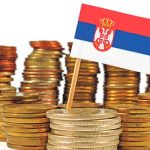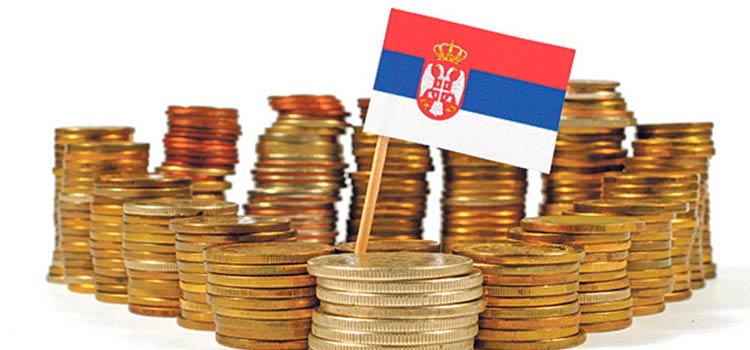

For those seeking a unique and affordable European lifestyle, Serbia offers a compelling blend of old world charm and modern conveniences. From its bustling cities, rich cultural heritage, and stunning natural beauty, to its affordable cost of living and thriving economy, Serbia is a country that has a lot to offer its residents.
The country’s capital, Belgrade, is a cosmopolitan city that is home to a growing community of expatriates, entrepreneurs, and artists. With its rich history, vibrant nightlife, and thriving cultural scene, Belgrade is a city that is never dull. Meanwhile, smaller cities like Novi Sad and Nis offer a more relaxed pace of life, with excellent opportunities for outdoor recreation and a strong sense of community.
Serbia’s cost of living is also a major draw for those seeking an affordable European lifestyle. Housing costs are significantly lower than in other parts of Europe, while the quality of life is high, with excellent healthcare and education systems, as well as a variety of cultural and recreational opportunities.
For those who love nature, Serbia also has much to offer. From the rolling hills and snow-capped mountains of the country’s interior, to the winding rivers and white lakes, Serbia’s beauty is a major attraction for outdoor enthusiasts.
Knowing how to manage and pay your taxes is a fundamental part of running any business. In Serbia, the taxation system can be complex and challenging to navigate. But understanding how it works can be beneficial for both businesses and private individuals alike. Let’s take a closer look at the taxation system in Serbia.
Table of Contents
Income Tax in Serbia
Income tax in Serbia is calculated based on a progressive rate, meaning that the higher your income, the higher percentage of taxes you will have to pay. Serbian citizens are taxed on their worldwide income while non-residents are only taxed on their Serbian-generated income. The current rates for taxable incomes range from 0% up to 20%. For self-employed individuals, or those with multiple sources of income, there is also an extra surtax which ranges from 1% to 10%.
Value Added Tax (VAT)
The Value Added Tax (VAT) rate in Serbia is 20%, which applies to all goods and services purchased within the country as well as imported goods from outside the country. However, some products are exempt from VAT such as medicines and books. Businesses with revenue under 300 million dinars ($2.4 million US) annually are also exempt from paying VAT.
Social Security Contributions
Employers must pay social security contributions on behalf of their employees each month, which goes towards pension plans and other benefits like healthcare coverage. The employer contribution rate is set at 15%, while employees pay 11%. There are also additional contributions for unemployment insurance and health insurance that employers need to pay each month on behalf of their employees as well.
Conclusion
Understanding the taxation system in Serbia can be complicated but knowing what taxes apply to you can provide peace of mind when submitting your tax return or filing a company report annually. Whether you are an individual or business owner, familiarizing yourself with the relevant regulations can help you stay compliant with local laws and ensure that your tax payments are accurate and timely. With this knowledge, navigating the Serbian taxation system should no longer be daunting but rather a manageable process!







